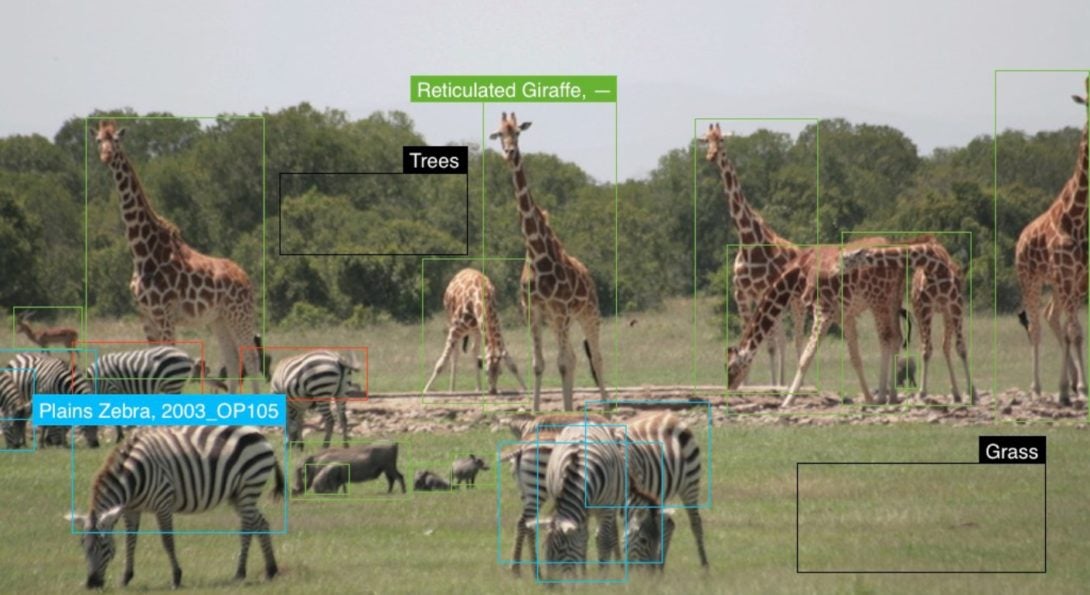Microsoft AI for Earth adds Wild Me to $50M project initiative

story title Heading link
Professor Tanya Berger-Wolf’s career in research has come a long way (and full-circle) since she secured her first-ever funding dollars from Microsoft Research back in 1996.
It was on sabbatical in 2013 at Microsoft in Redmond, Washington, when Tanya met Lucas Joppa, Microsoft’s chief environmental scientist and AI for Earth Director, and when she initially conceived the idea for Wildbook, an open-source software which has rapidly become the world’s leading repository for tracking endangered wildlife.
Microsoft recently recognized the impact and potential of Wildbook’s framework and awarded Wild Me (Wildbook’s non-profit organization) with a featured project for its AI for Earth program. Wild Me will receive resources and support from Microsoft as part of it’s $50 million initiative to put its cloud and AI tools in the hands of those working to solve global environmental challenges. There are currently four featured AI for Earth projects at Microsoft.
“That’s the moment I felt like Wild Me and Wildbook were finally growing up!” Berger-Wolf said of hearing the news regarding Microsoft’s funding and support of Wild Me. “An idea that was in our mind five years ago that became the duct taped Wildbook prototype, put together by a few volunteer researchers and engineers, was finally going to be a real product usable by thousands of scientists and conservationists throughout the world.”
The Wildbook team’s research started in 2014 with an initial grant from the National Science Foundation. By February 2015, the first Wildbook prototype was launched and was powering the first-ever count of animals using photographs from citizen scientists: The Great Zebra and Giraffe Count at Nairobi National Park. Wildbook’s popularity and growth within the conservation community was just getting started.
“There was an intense demand for something that didn’t yet exist,” Berger-Wolf said, alluding to Wildbook’s rapid success over the past few years with limited resources. “It was all happening so fast at the beginning. Research and development were happening at the same time. It takes a great team of talented, dedicated and passionate researchers and engineers.”
The team consists of four co-founders, two graduate students, and an engineer. Dan Rubenstein is an ecologist and zebra expert (and a long-term collaborator) at Princeton University. Jason Holmberg is a data architect who started whaleshark.org and created the data management layer of Wildbook as a hobby in his spare time. He is now the inaugural executive director and director of engineering at Wild Me. Chuck Stewart is the computer vision researcher at RPI, who enlisted two PhD students Jon Crall and Jason Parham. Jon Van Oast is the team’s part-time senior engineer.
With the new funding and support of Microsoft, Wild Me plans to continue the success of Wildbook on a much larger scale by adding three more dedicated engineers and moving onto Microsoft’s Azure platform, where Wildbook will be included in the Azure Marketplace.
“Microsoft’s partnership allows us to grow to planetary scales,” said Berger-Wolf, “to thousands of species, efficiently, accessibly for scientists and wildlife conservationists, who can use it to study and protect biodiversity of our planet.”